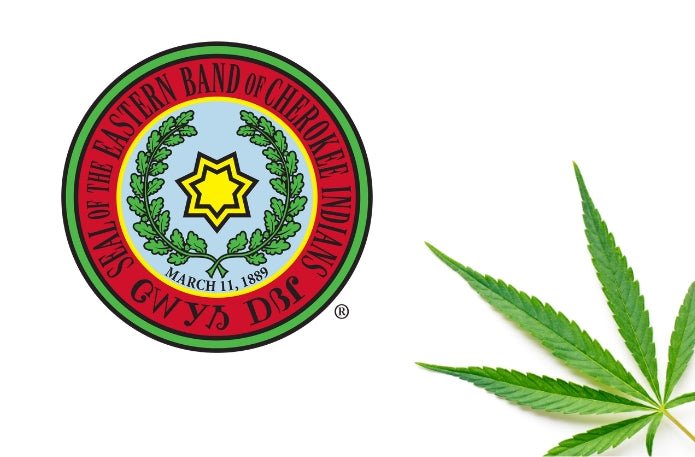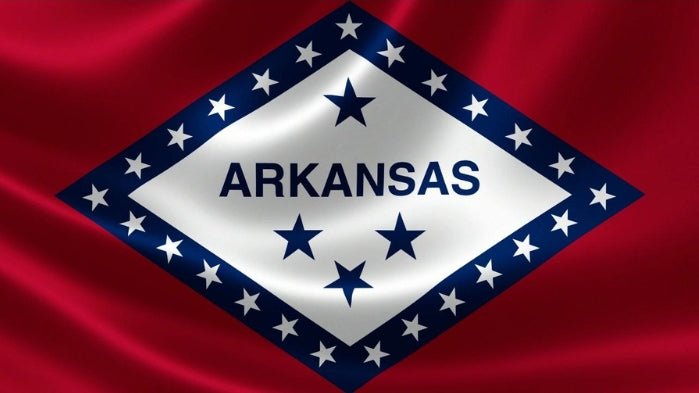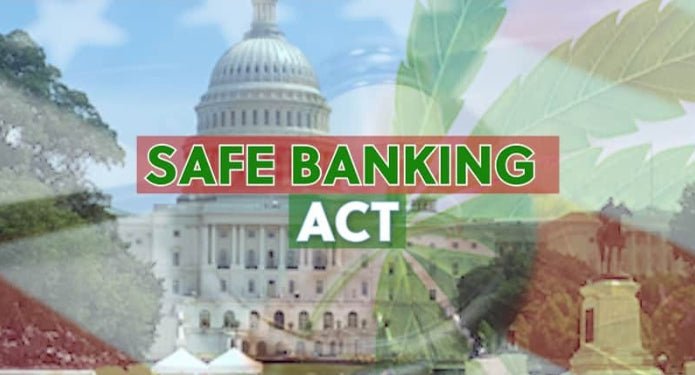The Eastern Band of Cherokee Indians approved a referendum to legalize the possession and sale of marijuana on tribal lands.

It's official. According to multiple local and national media outlets, members of the Eastern Band of Cherokee Indians (EBCI) voted Thursday to approve the legalization of recreational cannabis sales and possession for adults 21 and older, including non-members. And apparently, it wasn't even a close vote. Unofficial poll results show the initiative passed with nearly 70% of voters in support of the controversial measure.
However, for industry and tribal experts, the result is no surprise. In 2021, the EBCI voted to decriminalize possession of small amounts of cannabis within its 57,000-acre Qualla boundary. Shortly after that decision, the tribe also approved instituting its own medical marijuana program, which includes a tribe-owned company to cultivate marijuana and sell it at a large dispensary that is currently under construction.
As a result of Thursday's vote, the EBCI cannabis farm and dispensary will become the only facility in North Carolina where individuals 21 and older can legally purchase cannabis. However, it will be a while before would-be customers can actually buy marijuana. The measure doesn't technically legalize marijuana on tribal lands automatically. The final decision will reside with the leaders of the tribal council, who have already indicated they will abide by the voters' decisions when they take up the issue at the next council meeting.
The overwhelming approval comes just days after Rep. Chuck Edwards (R-NC) introduced legislation to withhold interstate highway funding from Native tribes and states where adult-use cannabis is now legal. The measure, known as the Stop Pot Act, would hold back 10% of federal highway funding to jurisdictions "in which the purchase or public possession of marijuana for recreational purposes is lawful."
Last month, Edwards penned an op-ed piece in the EBCI's One Feather newsletter imploring tribal members to vote against the legalization measure. In that article, Edwards said, "I proudly consider the tribe my friends, and I respect their tribal sovereignty. But there are times when friends disagree, and I must do so regarding this question of legalizing recreational marijuana. The tribe's rights should not infringe on the overall laws of our nation. It is important that the tribe understands they will be voting on a measure that, if enacted, could soon be very costly."
Making good on that promise, Edwards filed the legislation just days before the historic vote. It's unclear if the freshman congressman has the political clout or support to get the bill to a floor vote. Regardless, EBCI leadership remains determined and unphased by Rep. Edwards' political flex concerning its decision to let tribal members make the ultimate decision.
Following the congressman's comments and subsequent actions, EBCI Principal Chief Richard Sneed characterized Edwards' choice to introduce the legislation as "a major political blunder."
In response, Sneed said in the Cherokee One Feather that he believes Edwards "overstepped his authority." He went on to say, "The worst thing that a non-Indian elected official can do is tell a sovereign, federally-recognized Indian tribe how they ought to handle their business."
"The worst thing that a non-Indian elected official can do is tell a sovereign, federally-recognized Indian tribe how they ought to handle their business."
- EBCI Principal Chief Richard Sneed
The tribe's decision to ignore political threats and vote to approve legalization is being lauded by industry and Native American advocates alike. One of those celebrating the EBCI's handling of the referendum is Rob Pero, founder of the Indigenous Cannabis Industry Association (ICIA).
In an interview, Pero said, "How EBCI has approached the referendum and determined their course of action is a great example of what sovereignty can look like when it's done in a good way. This is just one small aspect of their government, but this is a powerful opportunity to showcase what that actually means for government-to-government relations in an emerging industry."
"How EBCI has approached the referendum and determined their course of action is a great example of what sovereignty can look like when it's done in a good way. This is just one small aspect of their government, but this is a powerful opportunity to showcase what that actually means for government-to-government relations in an emerging industry."
- Rob Pero, founder of the Indigenous Cannabis Industry Association (ICIA)
However, the tribe faces some significant hurdles before it can begin selling cannabis to members and non-members. The most glaring is the question of transporting the cannabis. A vital aspect of the overall production plan includes moving the marijuana from cultivation sites to the dispensary via a short span of state-owned roadway, which presents a significant problem, according to North Carolina officials.
Swain County Sheriff Curtis Cochran said that he has "had several conversations with the chief, tribal attorney, and others about the transportation of cannabis. I stated that until North Carolina changes the law, it is still illegal to possess or transport marijuana on the highway."
Because of that logistical delay, along with product testing issues encountered by the tribe's testing facility, actual sales will not begin until sometime later this year. When they do, officials project legal cannabis in the EBCI's Qualla Boundary could eventually generate millions of dollars in revenue for the tribe.
According to Forrest Parker, general manager of the tribe's cannabis company, Qualla Enterprises LLC, "If adult-use were legalized, revenue could conservatively reach $385 million in the first year and exceed $800 million by year five."
"If adult-use were legalized, revenue could conservatively reach $385 million in the first year and exceed $800 million by year five."
- Forrest Parker, General Manager of Qualla Enterprises, LLC
In addition, individual tribe members could benefit substantially from a legal adult-use cannabis market on tribal lands. One third-party study projects that legalization could provide thousands of dollars in payouts to members, who collectively share in the proceeds of tribe-owned businesses. For example, the first year of legal sales could generate payouts "as high as $5,600″—a number that could eventually surpass $12,000 after five years.
With all those dazzling economic numbers and the health and wellness benefits associated with legalized marijuana, the EBCI is poised to become a beacon of progress and change in the historically conservative region.
Moreover, despite the primarily idle and empty threats of posturing politicians and pundits, a majority of North Carolina voters appear to be ready to embrace legal cannabis and all the benefits that come along with it. It's now up to state leaders to decide if they want to follow the lead of the EBCI or fall farther behind the rest of the country's inevitable march toward nationwide legalization.






































